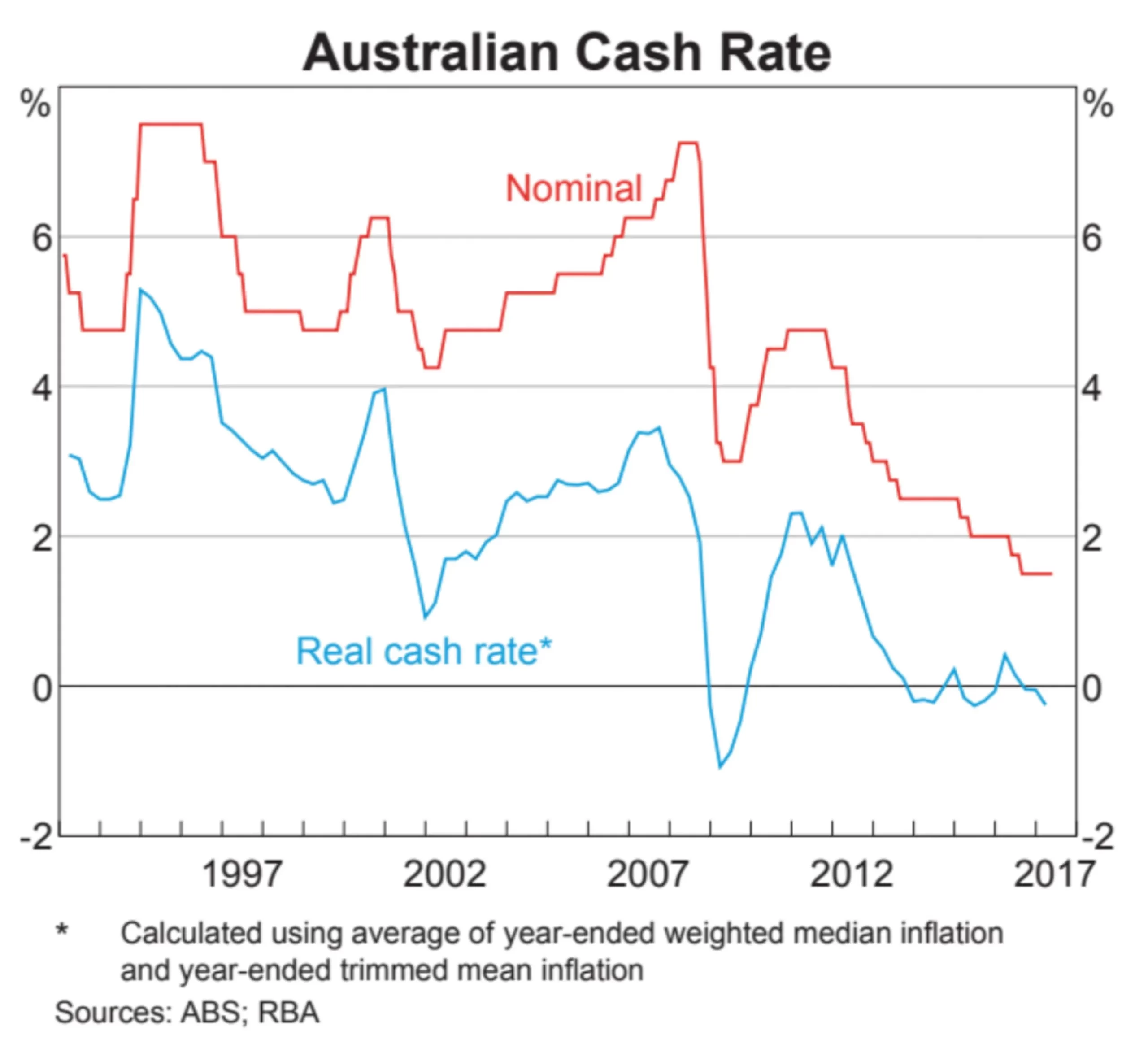When navigating the complex world of home loans, Australian borrowers have increasingly turned to licensed mortgage brokers for expert guidance. As of the publication of this blog, Australian mortgage brokers write approximately 70% of all home and investment loans (Source: Mortgage & Finance Association of Australia MFAA Media Release September 9th 2024).
One common question that often arises is: How are mortgage brokers paid? This blog article aims to clarify how brokers are paid and why using a mortgage broker generally incurs no extra cost for borrowers while providing substantial advantages.
How Mortgage Brokers Are Paid in Australia
In Australia, accredited mortgage brokers receive remuneration through commissions paid by banks and lenders. Typically, brokers earn an “upfront commission” for facilitating a new loan, followed by an ongoing “trail commission” as long as the client retains their loan with the lender. The important thing to note is that these commissions come directly from the bank or lender, meaning there is generally no out-of-pocket expense for clients using a broker’s services. These lender payments are part of their customer acquisition costs—a cost they would also incur if you went directly to them through their internal sales channels.
In most cases, borrowers pay no fee for the professional services of a mortgage broker. It’s also worth mentioning that reputable brokers are legislated to provide transparency and will always disclose how they are paid, ensuring clients have a full understanding of any arrangements in place.
The Benefits of Using a Mortgage Broker
While there is usually no additional cost in using a broker compared to approaching a lender directly, there are many advantages that make brokers a preferred choice for many Australian borrowers.
Acting in Your Best Interests
Australian mortgage brokers are legally required to operate under the “Best Interests Duty” introduced in 2021. Unlike bank representatives, who are naturally inclined to promote their bank’s own products, brokers are required to work for you. They provide advice, not just a product, taking into account your individual needs and financial circumstances to recommend the most suitable loan options from a range of lenders. This approach ensures that the focus is on finding a solution that works best for your unique situation.
Expertise Across Multiple Lenders
Mortgage brokers have access to a broad panel of lenders, from the Big Four banks to smaller banks, credit unions and non-bank lenders. This wide access allows brokers to provide clients with a comprehensive selection of mortgage options. Each lender has its own rules, policies, and lending criteria, and an experienced mortgage broker understands these intricacies inside and out. By having this knowledge at their fingertips, brokers can match borrowers to the right lender, taking the guesswork and hassle out of the process.
Whether it’s navigating a complex employment structure, securing a higher loan-to-value ratio (LVR) without mortgage insurance for those working in specialist industries like doctors, medicos, engineers and lawyers, or understanding how specific lenders assess borrowing capacity, brokers can make the process smoother and ensure a higher chance of approval.
Tailored Guidance Throughout the Process
Buying or refinancing a home or investment property is often one of the biggest financial decisions in your life, and the associated paperwork can be daunting. Licensed mortgage brokers simplify this journey by managing the application process end-to-end, ensuring your paperwork is correct and submitted on time. Moreover, brokers maintain open lines of communication throughout, giving clients peace of mind and helping them understand their options, even if situations or rates change.
Using a mortgage broker means you are getting tailored, personal guidance—rather than a one-size-fits-all sales pitch—and can save time, reduce stress, and ultimately secure a better home loan outcome.
Why Using a Mortgage Broker Is Smart and Cost-Effective
Since banks essentially pay for the origination services that brokers provide, clients benefit from professional, industry-leading advice without paying more. The value mortgage brokers deliver is not just about finding the cheapest rate but involves building a strategy that considers your goals—whether it’s buying your first home, investing, or refinancing.
Mortgage brokers, like those at AXTON Finance, also work to negotiate better rates and terms on your behalf. Because brokers send significant business to lenders, they often have negotiating power that individual clients might not. This means they can advocate for discounts and benefits that may not be available when approaching a lender directly.
The Added Benefit of Long-Term Service
One of the most significant advantages of working with a mortgage broker is the ongoing relationship that extends well beyond the initial loan setup. At AXTON Finance, our brokers are committed to re-pricing and retention to ensure that the interest rate you receive not only starts great but remains competitive throughout the life of your loan. This proactive service is something you are unlikely to receive as a direct bank customer. Imagine walking into a bank today to secure a rate, and then in 12 months’ time, that banker knows there’s a better rate available—but it’s unlikely they will reach out to inform you or suggest refinancing to another lender without your initiation.
At AXTON Finance, we focus on creating these types of lasting relationships rather than transactional ones, which is why most of our clients come to us through referrals and continue to work with us for years. We not only help our clients in the first instance but on an ongoing basis, supporting them, their friends, and their family members as their needs evolve. Given our long-standing experience, we pride ourselves on providing clients with exceptional, continuous service to ensure they always have the best mortgage solution for their needs.
Ready to Get Started?
If you’re considering buying a home, refinancing, or simply looking for professional mortgage advice, get in touch with the award-winning team at AXTON Finance. Our experienced brokers are here to guide you every step of the way, offering personalised service and ensuring your best interests are always our priority.
Connect with one of our highly experienced brokers today at AXTON Finance and discover why hundreds of satisfied clients continue to choose us for their mortgage broking needs.







